Eleven British riders entered this summer’s Tour de France, equalling last year’s record-breaking tally. Those ranged from the retiring Geraint Thomas, once the youngest rider in the Tour and now the oldest, to 22-year-old debutant Joe Blackmore, who was four when Thomas made his maiden appearance. At 39, Thomas was the oldest Brit in the race by some seven years, with the Yates twins the only others in their thirties. “It’s more of a young man’s sport these days, and I’m too old,” he said.
This Tour de France marked the end of an era, in several ways. Thomas’ impending retirement – he will officially bring the curtain down in September at the Tour of Britain – marks the end of one of British cycling’s most illustrious careers. It also essentially severs the link between the current generation of British riders and the old guard, as the years dominated by Team Sky recede into ancient history.
Of Thomas’ original British contemporaries at the super-team Bradley Wiggins, Ian Stannard, Pete Kennaugh and Steve Cummings have long since retired. Chris Froome carries on but as a shadow of the rider he was, and Ben Swift – then a fresh-faced 22-year-old – remains at Ineos Grenadiers, now an elder statesman. Mark Cavendish has transitioned into a Tour de France ambassador; Luke Rowe has moved into a directeur sportif role.
British cycling now has a younger face. Thomas’ retirement comes at just the time as several dazzling new prospects are emerging. He effectively handed the baton of yellow jersey hopeful over to 22-year-old Oscar Onley, the level-headed Scotsman who shone throughout this Tour, finishing fourth on his first attempt at riding for a general classification result.
“It’s sparked a bit of a dream,” the Kelso rider admitted afterwards. On the basis of his performances this year, that dream could well become a reality. Not present in France but also part of this wave of British talent are 19-year-old Matthew Brennan, single-handedly responsible for nearly a third of Visma-Lease a Bike’s wins this year; Onley’s teammate Max Poole, also 22 and another future stage race hopeful; Josh Tarling, 21 and already one of the world’s best time triallists; and Tom Pidcock, perhaps the most famous of the current generation of talented Brits.
But this Tour de France marked a monumental shift in more ways than one. It brought an end to four decades of free-to-air coverage of cycling’s biggest race in the UK, after ITV – having broadcast it for 25 years, taking over from Channel 4 – opted not to bid for the rights from the 2026 edition.
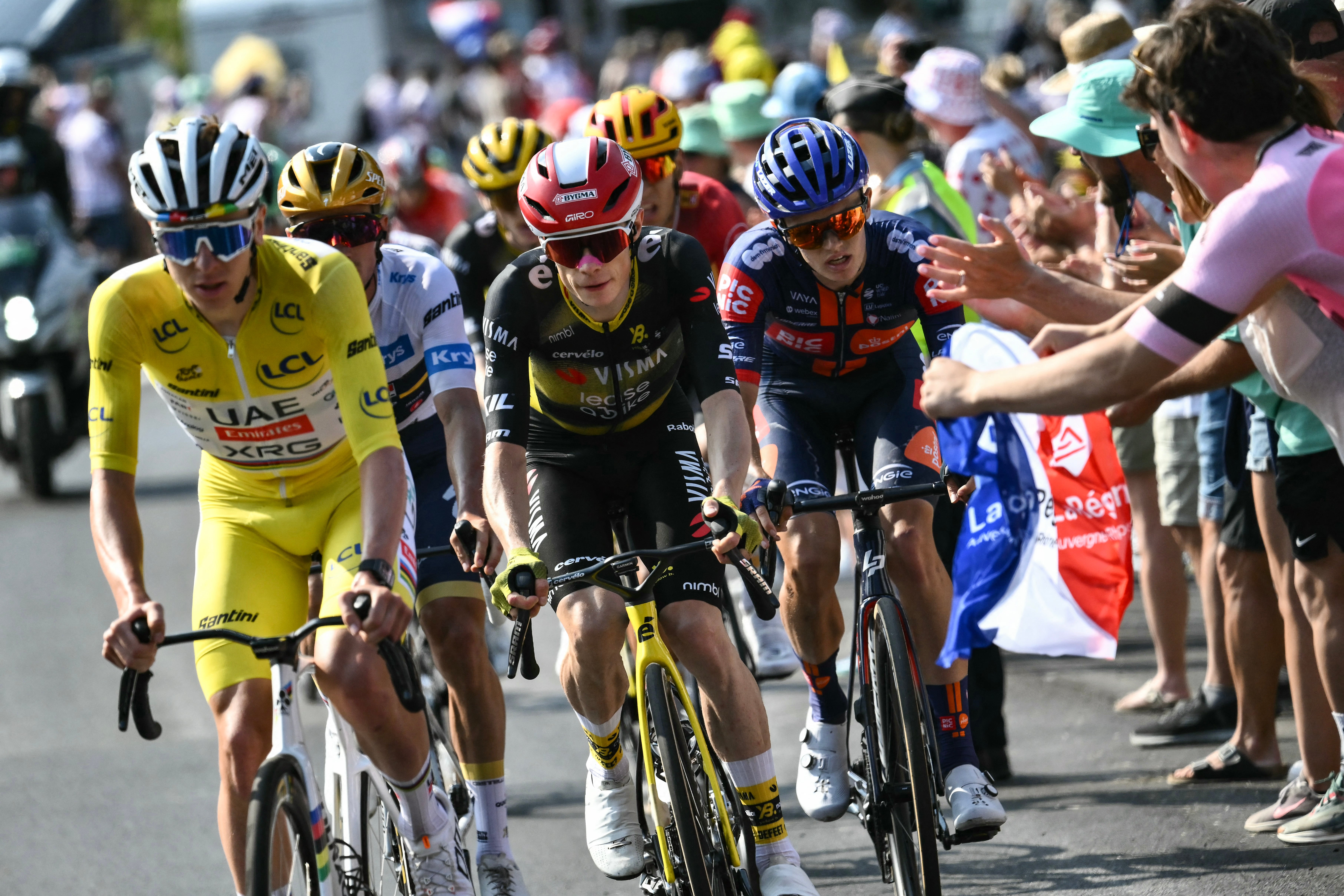
The next generation may struggle to realise their dreams in the way the likes of Brennan and Onley can. Cycling was mainstream in the UK throughout the 2010s, with the Tour de France making its Grand Depart in Yorkshire in 2014 and British riders dominating the top step of the podium. Now it has been pushed to the fringes.
From next year the Tour de France will be inaccessible to anyone not paying £30.99 a month to TNT Sports, the television and streaming behemoth that snapped up exclusive rights. Having swallowed up Eurosport – which had previously also broadcast cycling – TNT Sports nearly quintupled the subscription fee, from £6.99 a month to £30.99.
A day after the end of this year’s race it announced a further price restructuring, which viewers only interested in sport will have to manually opt out of to avoid being slapped with a near 10% price hike. By the time the Tour next rolls around subscriptions may well have gone up even further.
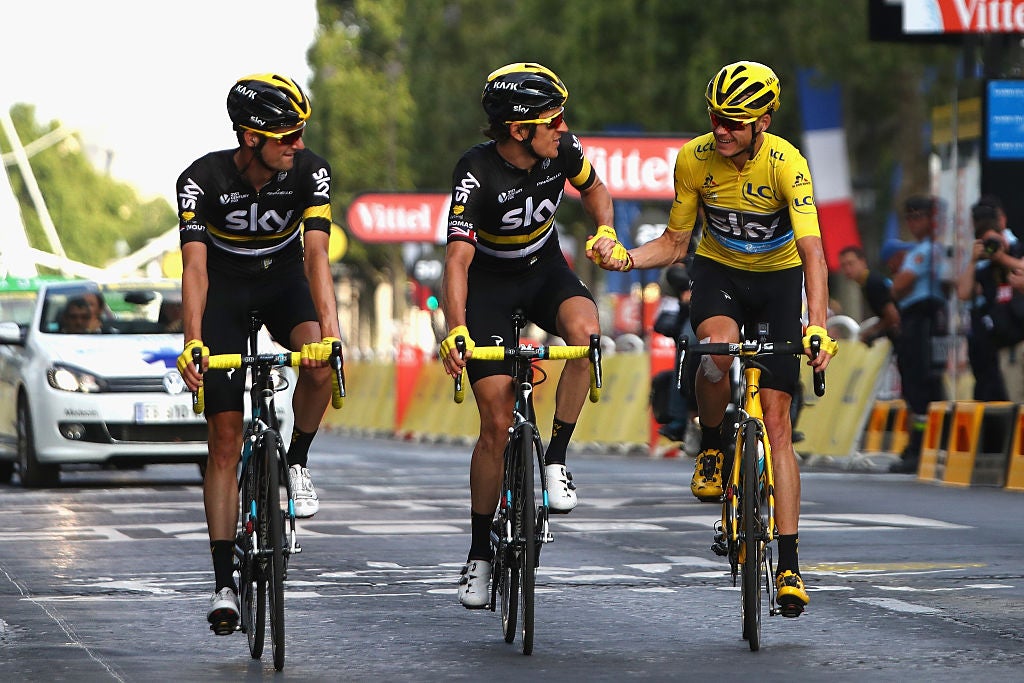
While that means a handsome profit for a multinational corporation, it also means half the magic of the Tour is lost. No more flicking through channels and stumbling across bike racing; no more falling down the rabbit hole of one of the world’s most esoteric, mystifying sports.
And no more inspiration for the Geraint Thomases and Oscar Onleys of the future. Coventry-born 24-year-old Jake Stewart, who rode his second Tour this year, previously told the BBC that, “When I started out [riding] it was much more for the social side. It was never really an ambition. But it was [watching] the 2009 Tour de France that really got me into the sport and lit the fire.”
Onley, who was inspired to start cycling by watching the Kelso Wheelers’ time trial route pass by his childhood home, told ITV4: “My mum would always watch the Tour on TV every year. My first memories were the battles between Contador and Schleck, up the Tourmalet in the mist. There must have been something there that made me want to get on a bike.”
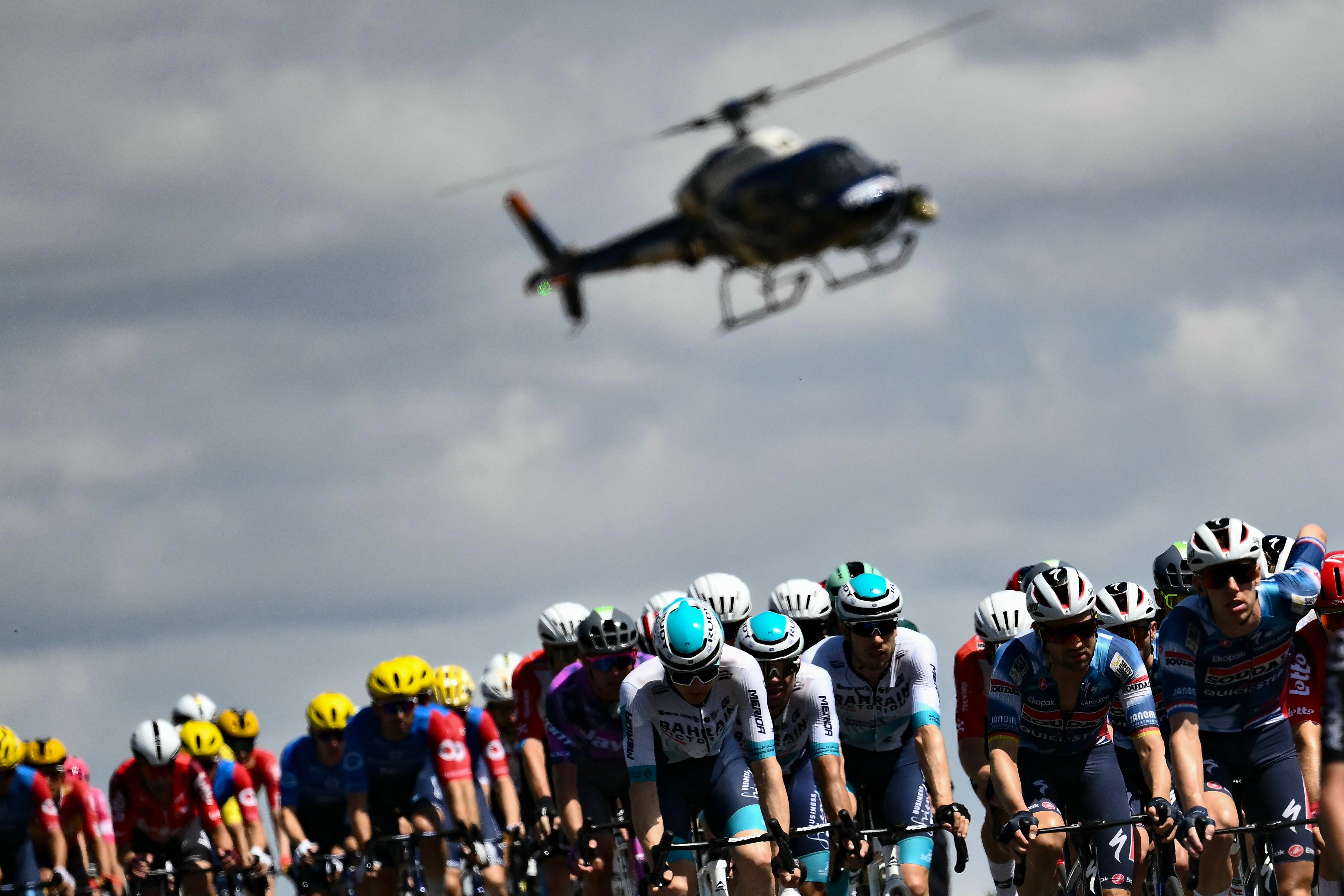
David Millar, who for many years was the only British rider at the Tour, went from winning stages at all three Grand Tours to commentating on ITV4’s coverage. “It’s been a great privilege to be part of the same team who got me into the Tour 33 years ago during my summer holidays in the UK,” he wrote on social media after free-to-air came to an end. The young Millar grew up in Hong Kong and became a cyclist comparatively late; he may never have been inspired to go down that route professionally had it not been for coming across Phil Liggett and Paul Sherwen’s commentary, Gary Imlach’s sardonic remarks, or the iconic theme tune.
With the Tour de France set to return to British shores in 2027, this should be the time to get as many eyeballs as possible on the sport, mirroring the boom effect of the 2014 Grand Depart. But the shuttering of free-to-air coverage makes that even more of an uphill task.
This end of an era comes at a crucial time for women’s racing, too. This year the Tour de France Femmes has been extended to a nine-day race; it has rapidly become the flagship event of the women’s calendar and the hordes gathered at the roadside recognise that too. But with the race, and all women’s cycling, now locked behind a paywall, a sport that has been starting to thrive in recent years risks becoming stunted, undoing decades of activism and hard work.
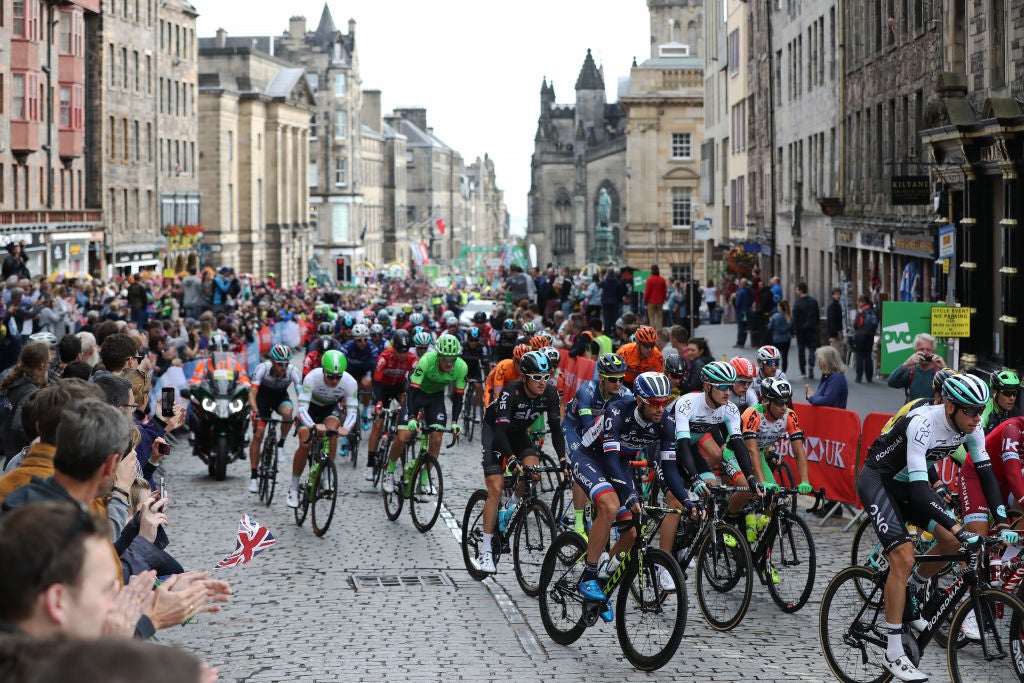
That is a risk facing the domestic racing scene, too. The number of races, both grassroots and professional, in the UK is dwindling, hit by the never-ending complications of Brexit and the financial squeeze on local authorities and race organisations. That was epitomised when the Tour of Britain, the UK’s flagship race, nearly went under last year before British Cycling, the governing body, stepped in to rescue it.
The decision to axe free-to-air does not exist in a vacuum. In a sport that cannot rely on endless money and an enormous, devoted audience like football, free coverage has been essential to its growth. Sponsors may be alienated by the lack of coverage and in turn, by the shrinking numbers of fans, with the Tour the only bike race that has ever successfully cut through with a wider audience. The knock-on effects could be catastrophic; I hope they are not.
The sport is at a crossroads. Opportunities for young riders are shrinking. Now many will miss out entirely on catching a glimpse of the Tour and getting sucked into the world of bike racing. The current generation has the potential to be golden; but where will the next one come from?



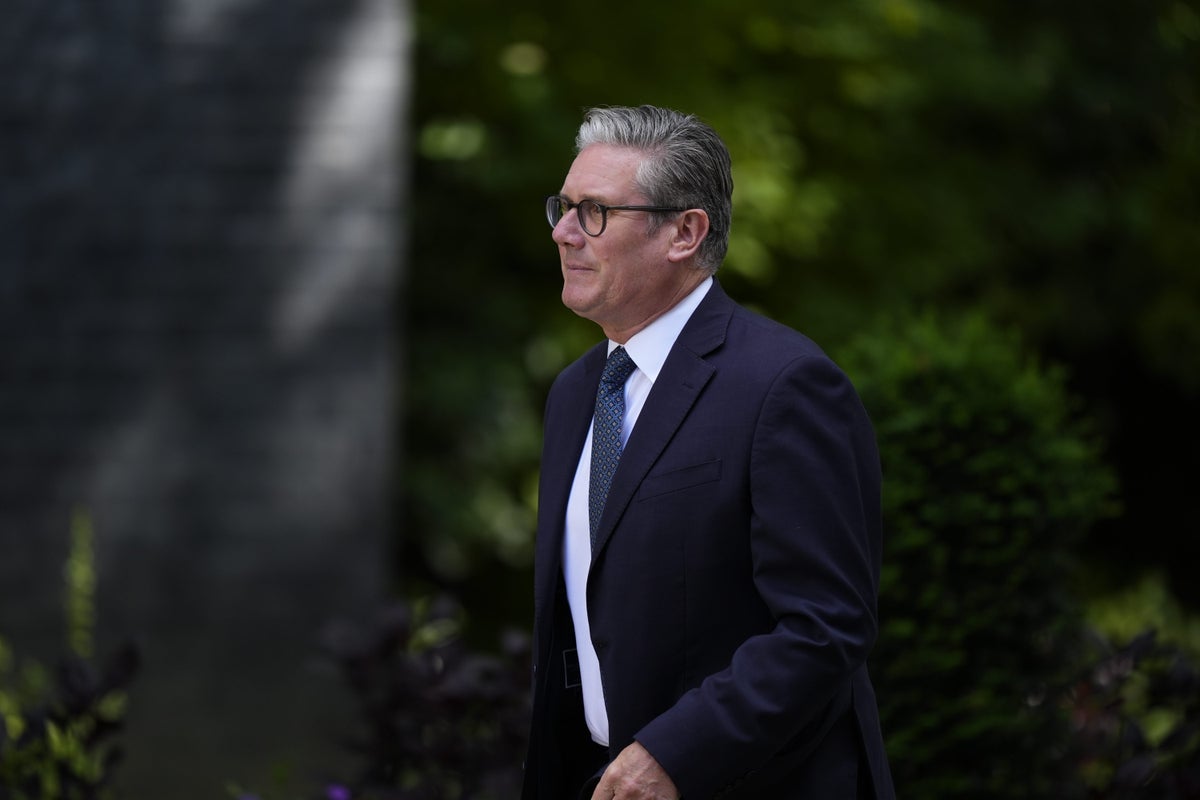
.jpg?width=1200&height=800&crop=1200:800)